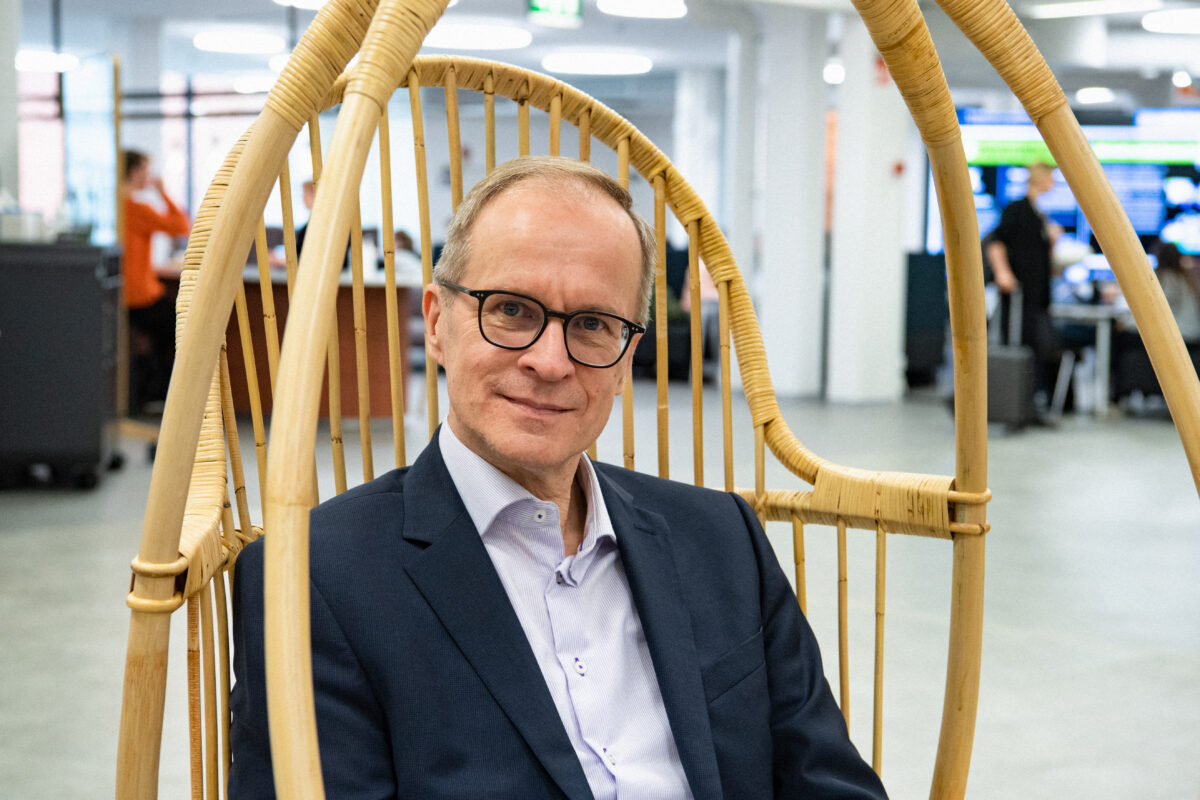By Professor Tapio Määttä, Academic Rector of University of Eastern Finland
Fostering an atmosphere that attracts international students has long been a political priority in Finland. Supporting a multicultural society and promoting global responsibility were, still in the past decade, among the reasons for expanding Finnish universities’ academic offering available in English. Talented students from all around the world were seen as a vital resource for the renewal of science, and for boosting top-level research.
Nowadays, the reasoning behind aspirations to increase the number of international students is different, and the Finnish debate currently revolves around work- and education-based immigration. There are increasing expectations for international students to secure employment in Finland after graduation. At the moment, this is true for approximately 50% of international university graduates, but the political goal has been set at 75% of international students working in Finland after graduation.
The future of education delivered in English and aimed at international students is also influenced by the changing political climate of Finland, and more broadly of Europe as well. As part of their anti-immigration agenda, some politicians in Finland, too, oppose universities’ English-taught programmes and their aspirations to attract a growing number of international students.
Finland is, in accordance with its current Government Programme, moving towards implementing full costing of tuition fees. This November, the Finnish Parliament decided to amend the Universities Act, requiring that universities charge tuition fees from non-EU and non-EEA students, and that these tuition fees cover the costs of education. In practice, this means smaller tuition waivers and scholarships for international students from these countries.
At the University of Eastern Finland, we have engaged in long-term and systematic development of Master’s degree programmes that are taught in English and aimed at international students. Indeed, in some of our academic departments, international students account for more than half of the graduates.
Over the past years, we have also launched several new Bachelor’s degree programmes taught in English, which used to be relatively rare in Finland. Today, UEF has a total of 35 English-taught Bachelor’s and Master’s degree programmes, attracting some 400 international students every year.
Our goal is to further increase the number of international students studying with us. Programmes taught in English also provide opportunities for our Finnish-speaking students to gain the skills and competencies required in international roles and multicultural environments.
In the future, all English-taught programmes at UEF will include studies in the Finnish language and culture, as we hope this will promote the employment of international students in Finland.










